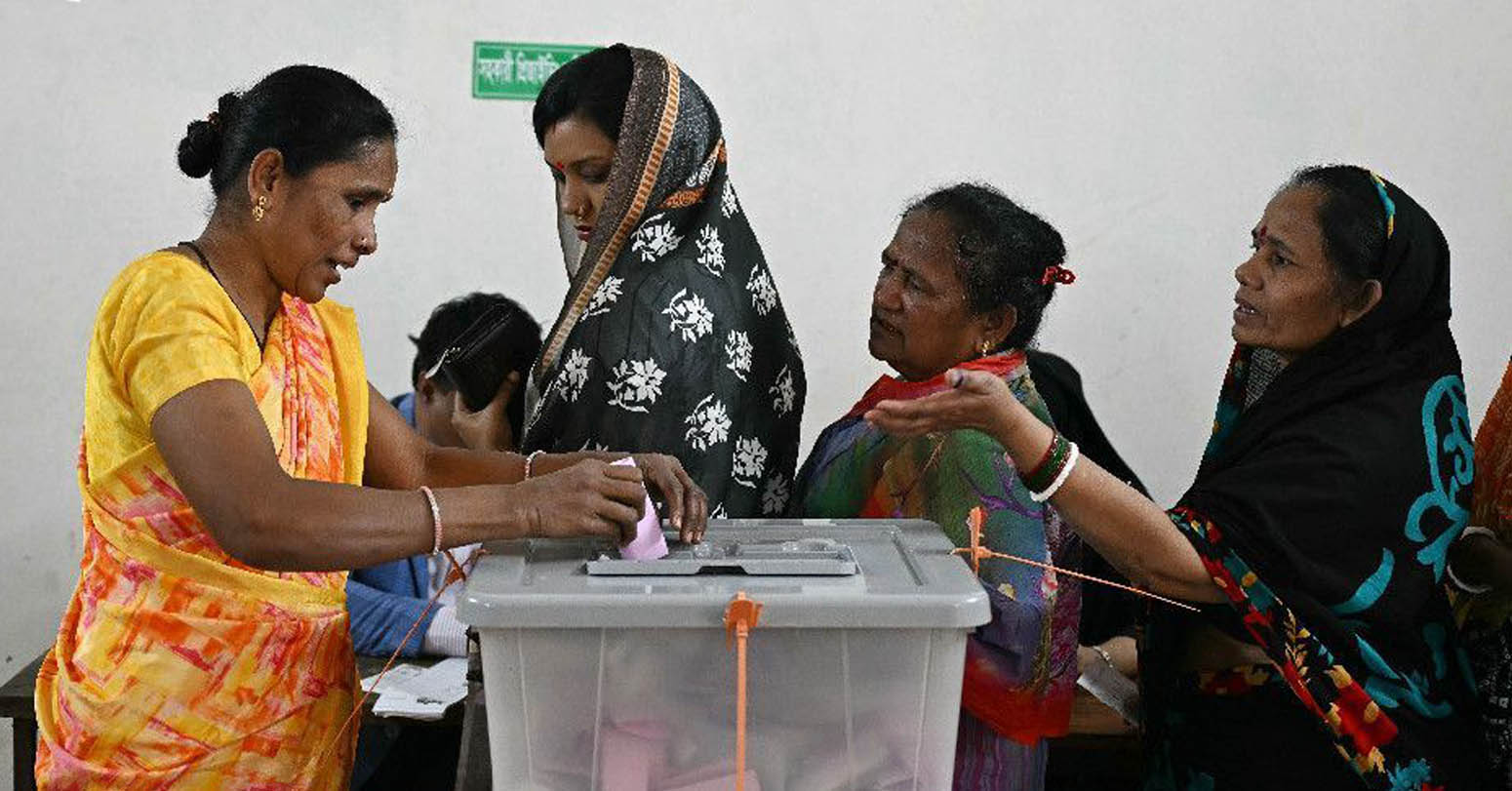
The first time I heard the drones, I was walking in Hamra, Beirut's historically cosmopolitan district. The dull buzz came from the sky, everywhere and nowhere.
"You'll get used to it," my colleague said, not even glancing upward as he guided me through Hamra's narrow streets. He had spent more than a year in this wounded city, long enough to become inured to its new normal.
The constant buzzing of Israeli surveillance drones has become the ambient soundtrack of Lebanon's capital. There is scarcely a neighborhood untouched by these mechanical eyes in the sky.
Like every newcomer, I spent my first days craning my neck skyward, searching for these invisible observers. But after a week, the sound became so omnipresent, so monotonous, that it faded into the background -- until its sudden absence would snap us to attention.
Yet these drones were far more than passive observers, as I soon learned.
On October 19, death came from above to Jounieh, a coastal town that had long been considered a safe haven north of Beirut. An Israeli drone strike killed two people on a busy highway as hundreds watched in horror.
According to eyewitnesses and video footage, when the initial strike missed, a couple attempted to flee their vehicle for safety. But a second strike caught them beside the road as horrified onlookers could only watch, powerless to help.
The calculated brutality of this attack -- a stark reminder that no place and no time was truly safe -- caused nationwide fear and uproar. The following day, my colleague and I went to cover the aftermath. Standing at the site, I traced the jagged edges of the crater, and then I heard the familiar buzz overhead. This time, I followed the local custom: Don't look up.
The drone's buzz forms just one layer of Beirut's wartime soundscape. Louder, deadlier sounds from Israeli airstrikes punctuate the city's days and nights. From my residence, Israeli strikes on the southern suburbs register as deep, muffled rumbles on quieter days. On others, they crash like thunder, powerful enough to rattle windows and furniture.
During my flight from Istanbul to Beirut, a young Lebanese businessman offered a perspective common here. "Israeli aircraft violate our airspace because we lack a powerful military force," said the young man, who preferred anonymity. "And we lack it because the Western world won't allow it."
When I mentioned Western economic assistance, he responded with bitter irony: "Giving you 10 dollars for bread while arming your enemy is not aid -- it's hypocrisy."
After each airstrike, the wailing ambulances cut through the chaos, racing toward the destruction. The courage of the first responders never ceases to amaze me: while others flee, they drive straight into danger, with Israeli drones watching from above. Their danger has been highlighted by the Lebanese Health Ministry, which reports over 160 health workers have died in the ongoing conflict.
As conflict intensifies, Beirut has become simultaneously noisier and quieter. The Saint Nicholas Stairs in Gemayzeh, once a bustling tourist attraction, now stands largely empty save for a few resilient shopkeepers.
In the rebuilt Beirut Souks, luxury boutiques are deserted. "You're my first customer today," a shop assistant in a high-end garment store told me when I asked about the business, gesturing at perfectly arranged displays that hadn't been disturbed.
Yet in "less affluent" districts, streets have grown more crowded as displaced people seek affordable shelter. Refugee children play football or sell flowers for small change outside schools and government buildings that have been converted into temporary housing.
This isn't new for Beirut. The city has absorbed waves of refugees from Palestine and Syria, along with its own internally displaced citizens, through decades of recurring conflicts. The latest influx from southern Lebanon has been managed with characteristic efficiency. Temporary camps along the coast sprang up but were quickly replaced by more stable accommodations.
Residents here refer to their city as a phoenix, a testament to its repeated suffering and resilience. The city and its people always persevere.
In a second-hand bookstore on Hamra Street, I met a young Lebanese boy buying a collection of W.B. Yeats. He admired the poet as a "revolutionist."
"I am not afraid of the drones or the war," he told me. "Beirut has taught me that life is loudest when death buzzes overhead."
And as the drone continued its unceasing patrol above, I realized he was right. The sounds of laughter, of clinking coffee cups, of music spilling from alleyways all rose above the drone's hum. In a city that has endured so much, life, against all odds, still prevails.
-XINHUA


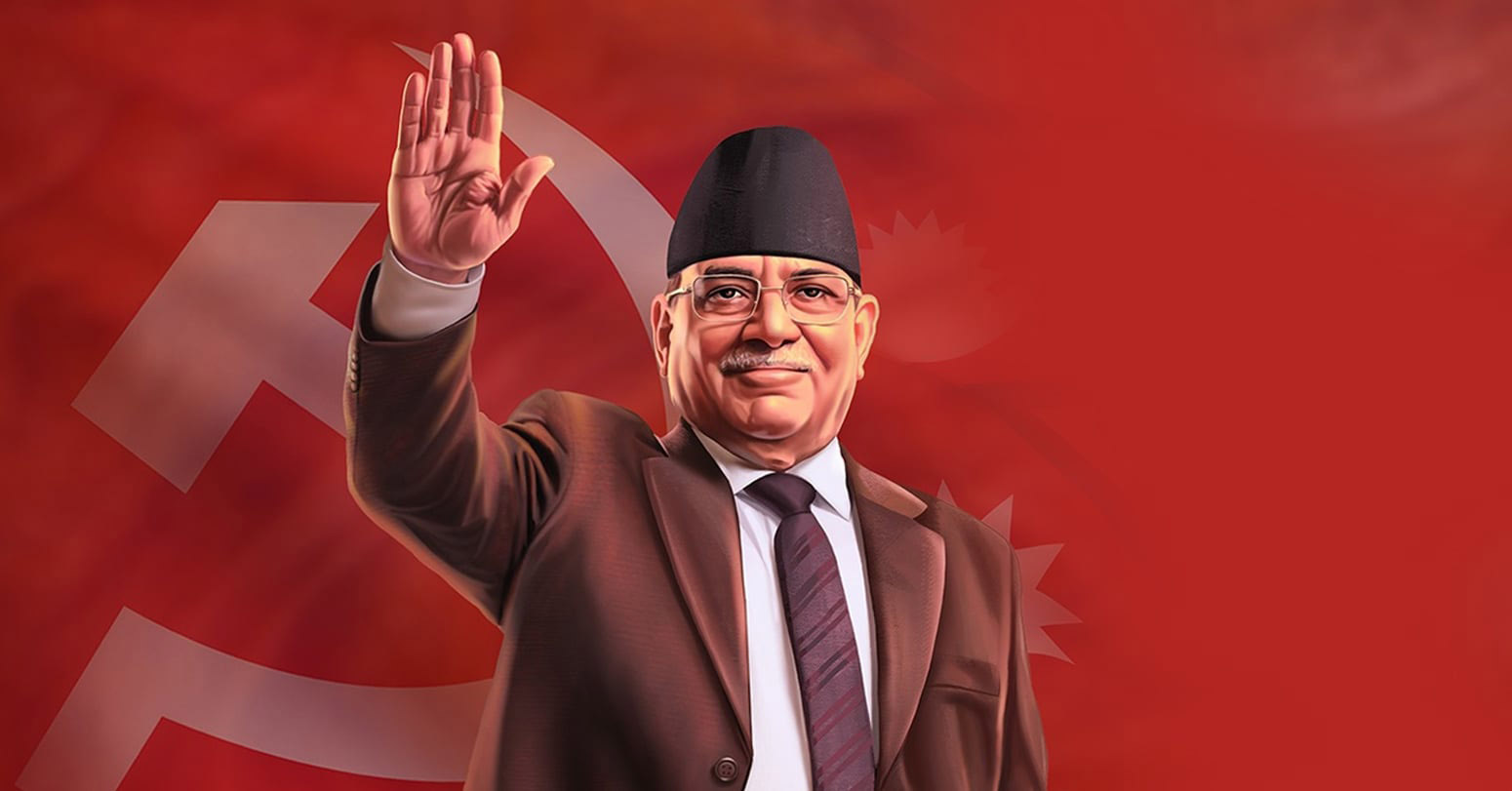



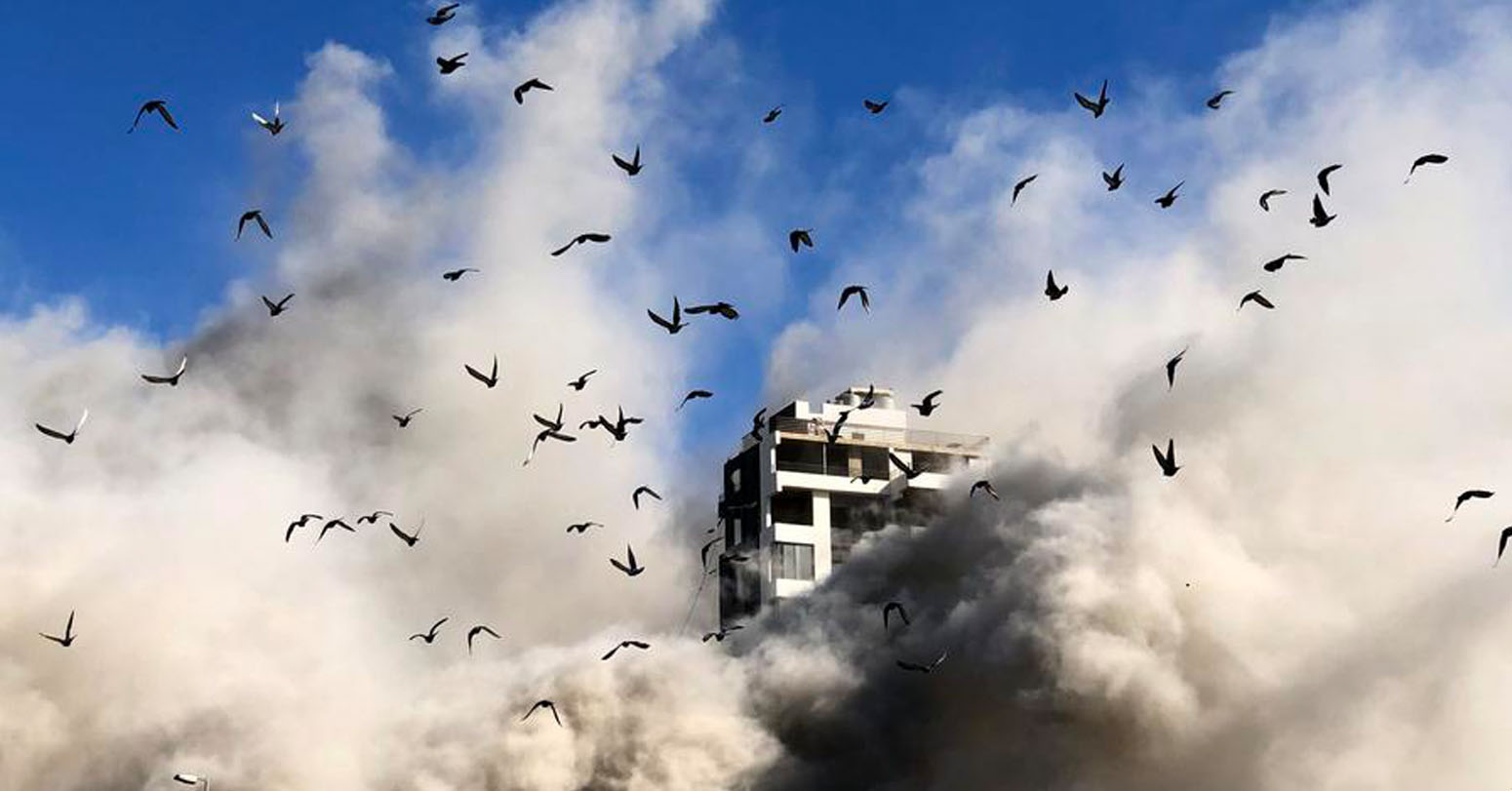
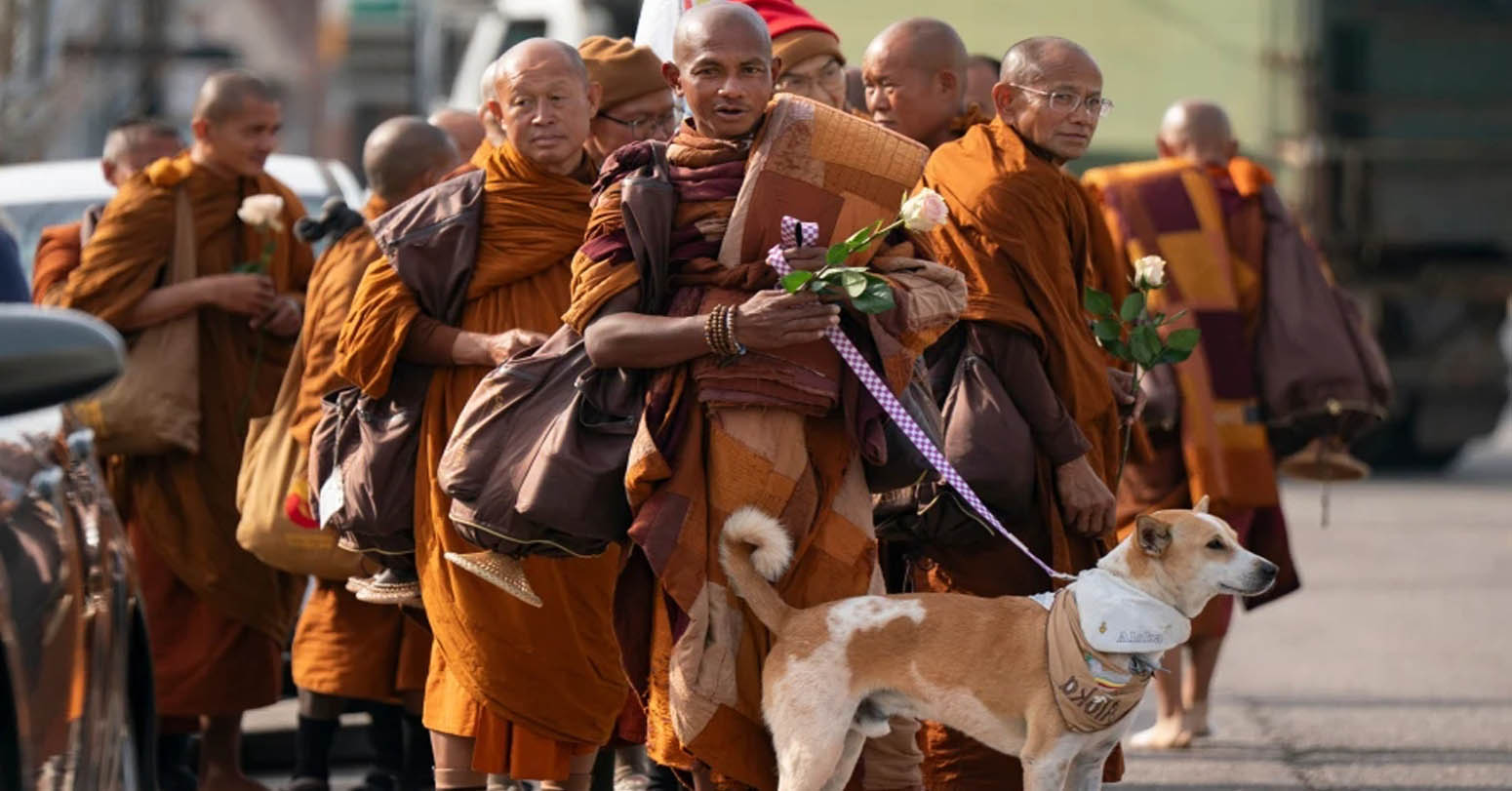
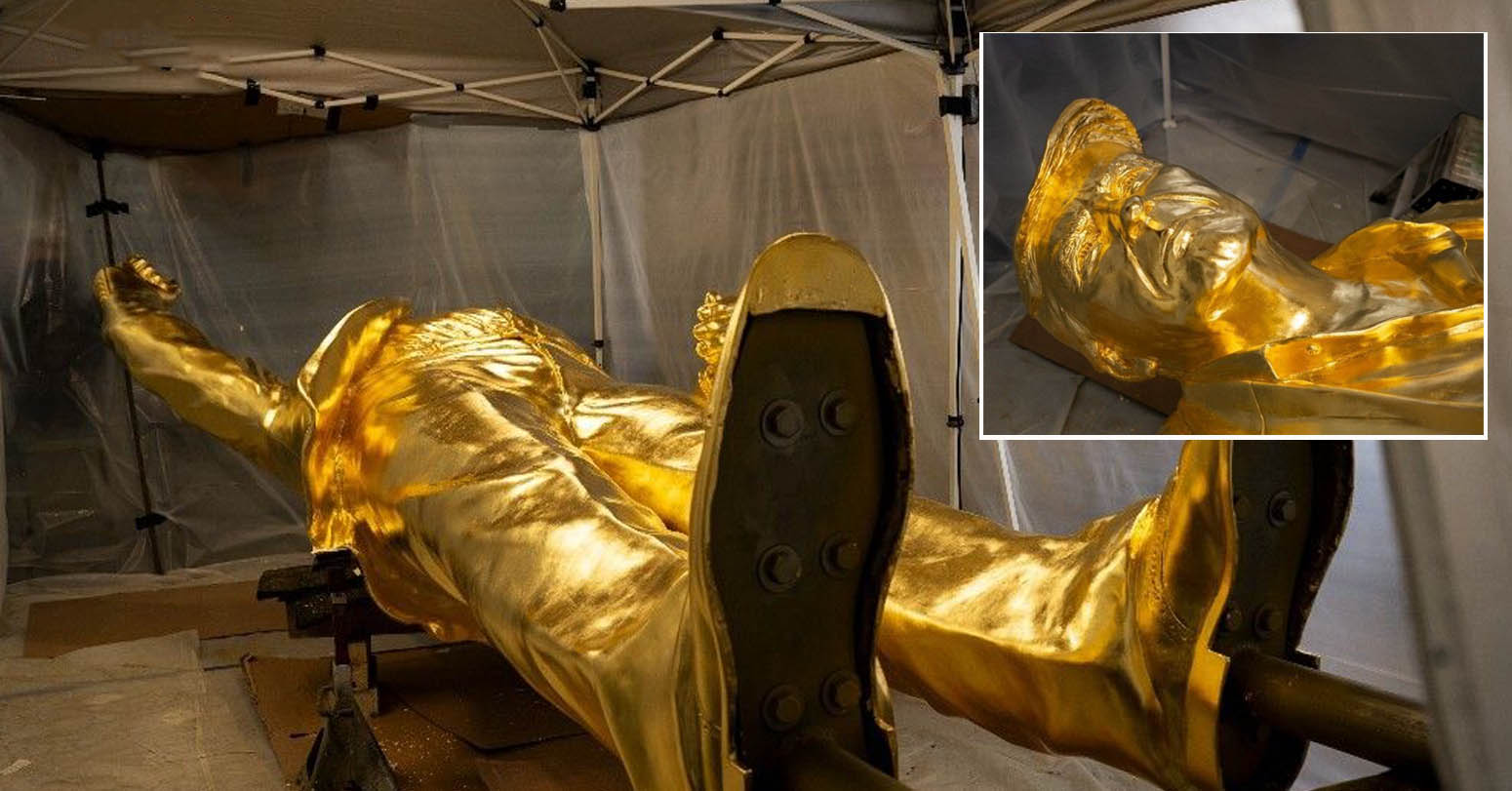




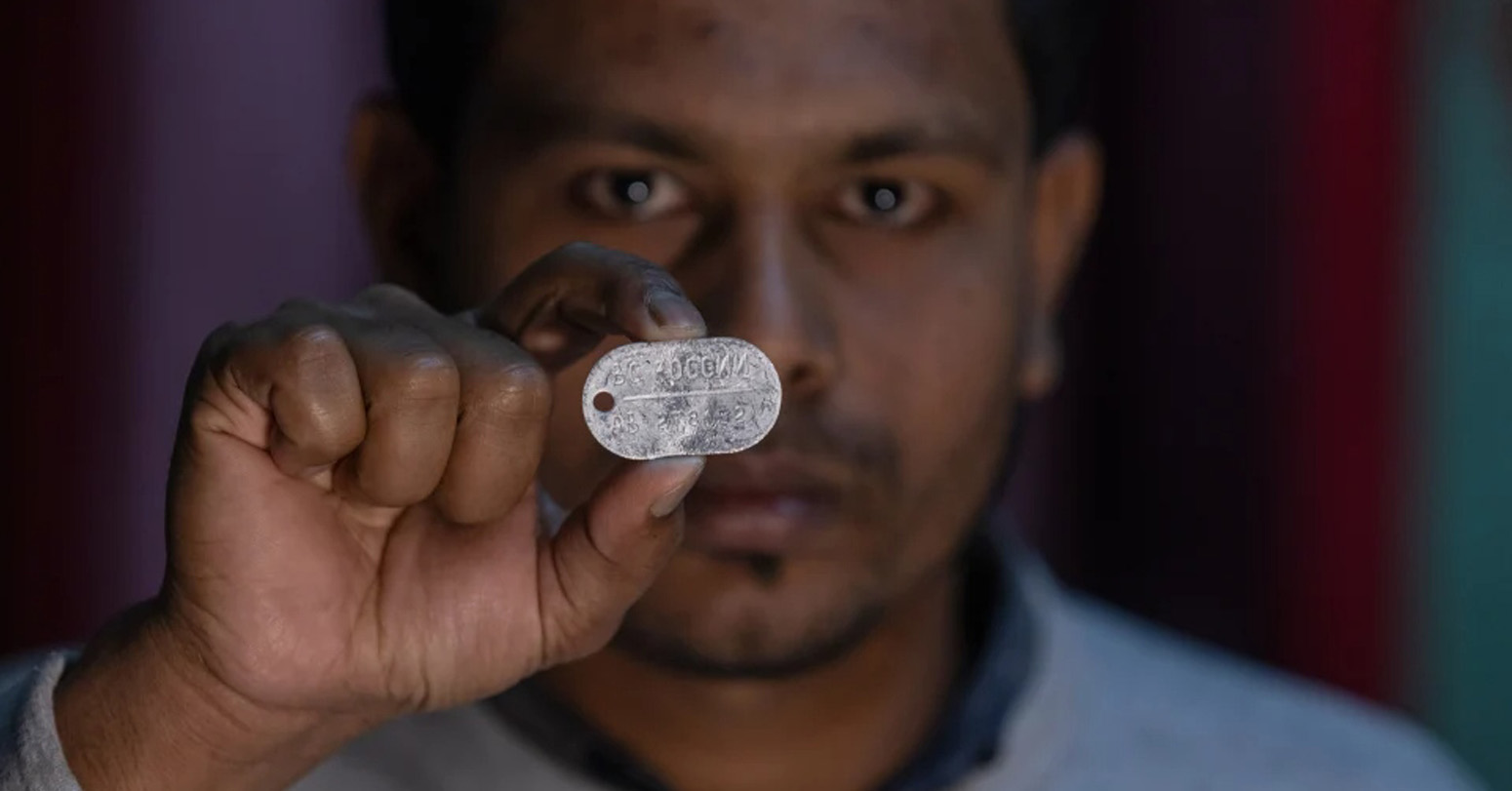

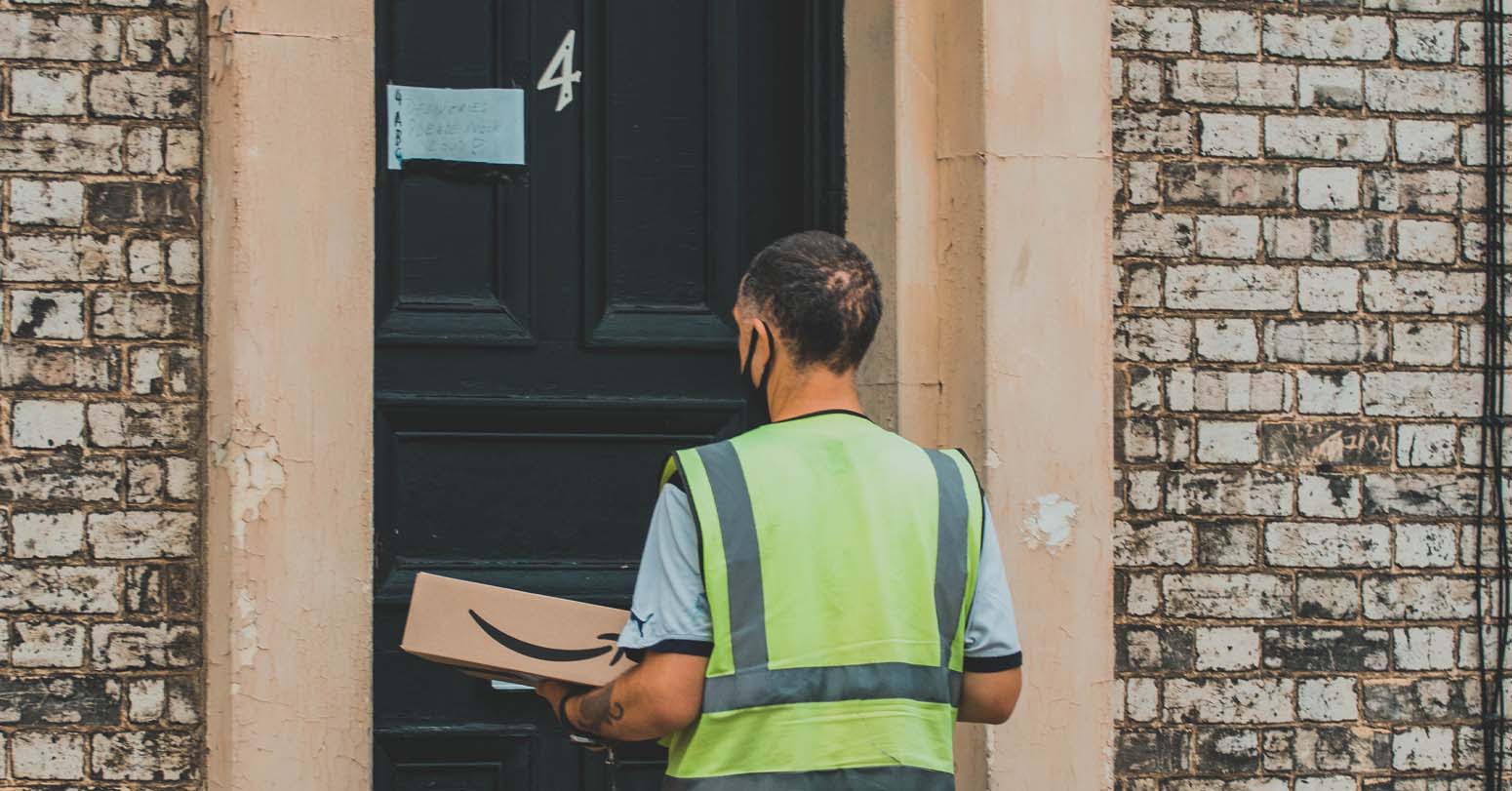
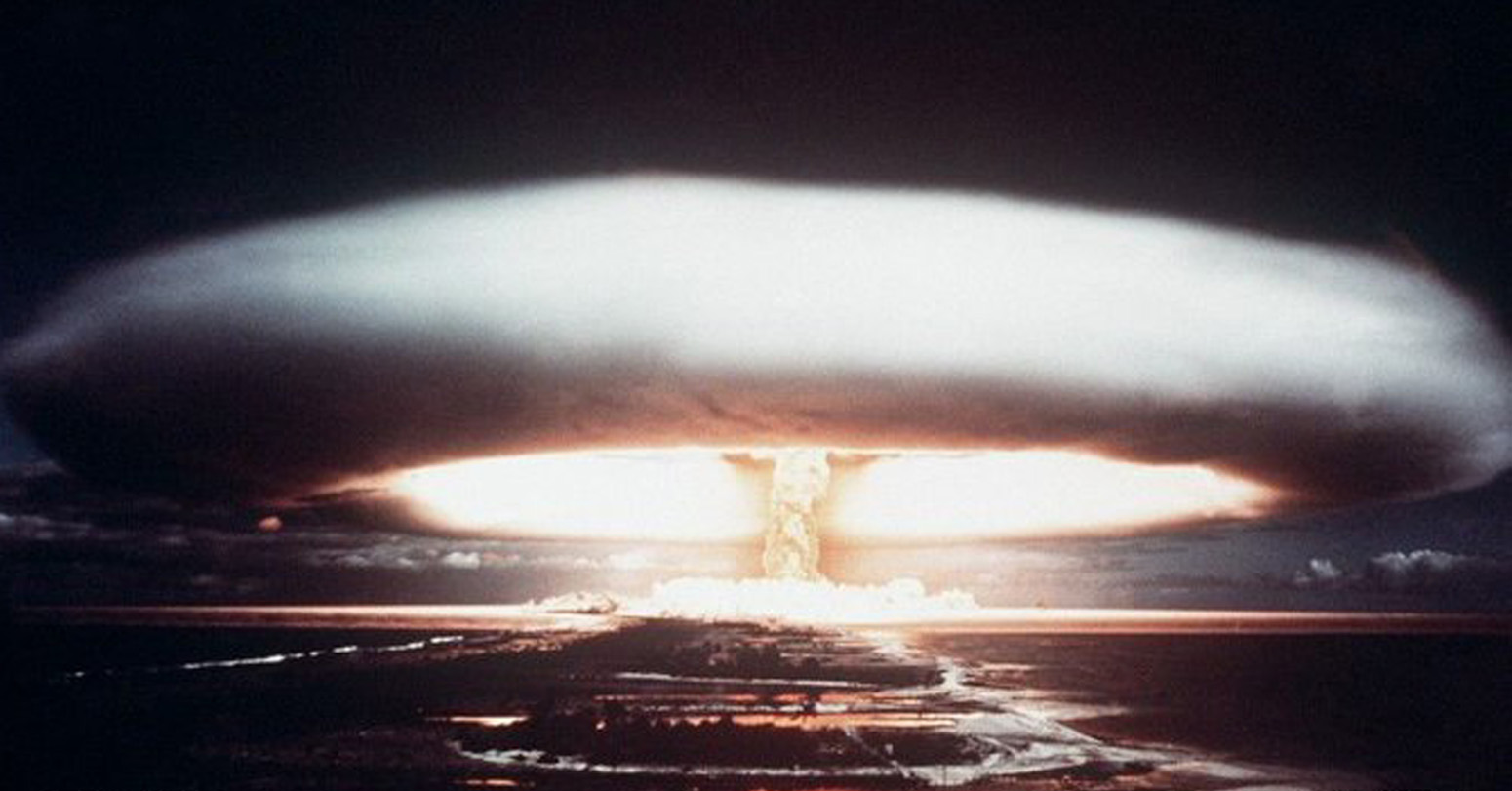
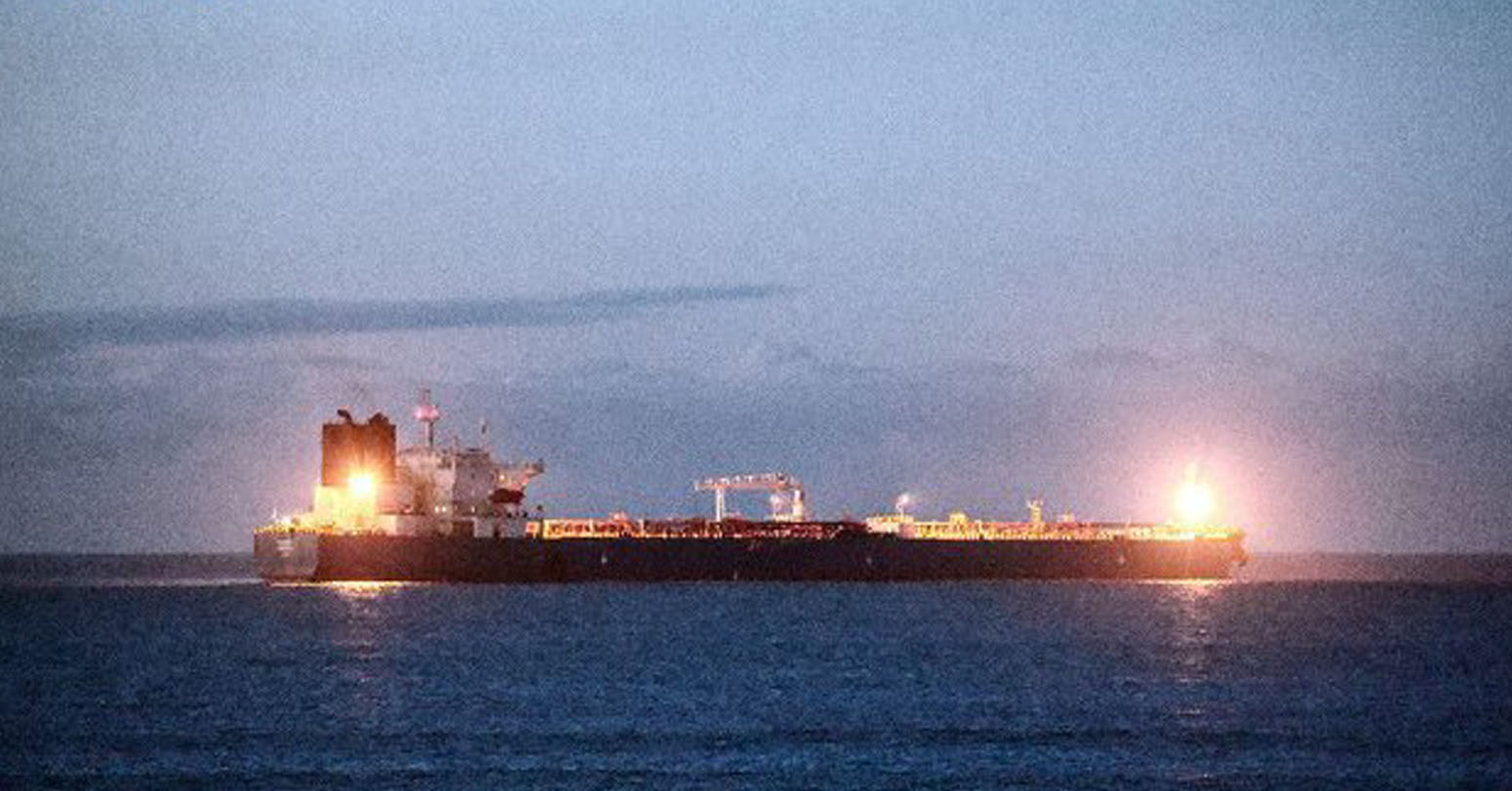

Middle-aged man spends millions to
Dr. Dharam Raj Upadhyay: Man
Children, Greatest Victims Of Sudan’s
Breathing The Unbreathable Air
Comprehensive Data Protection Law Critically
Gender Differences In Mental Healthcare